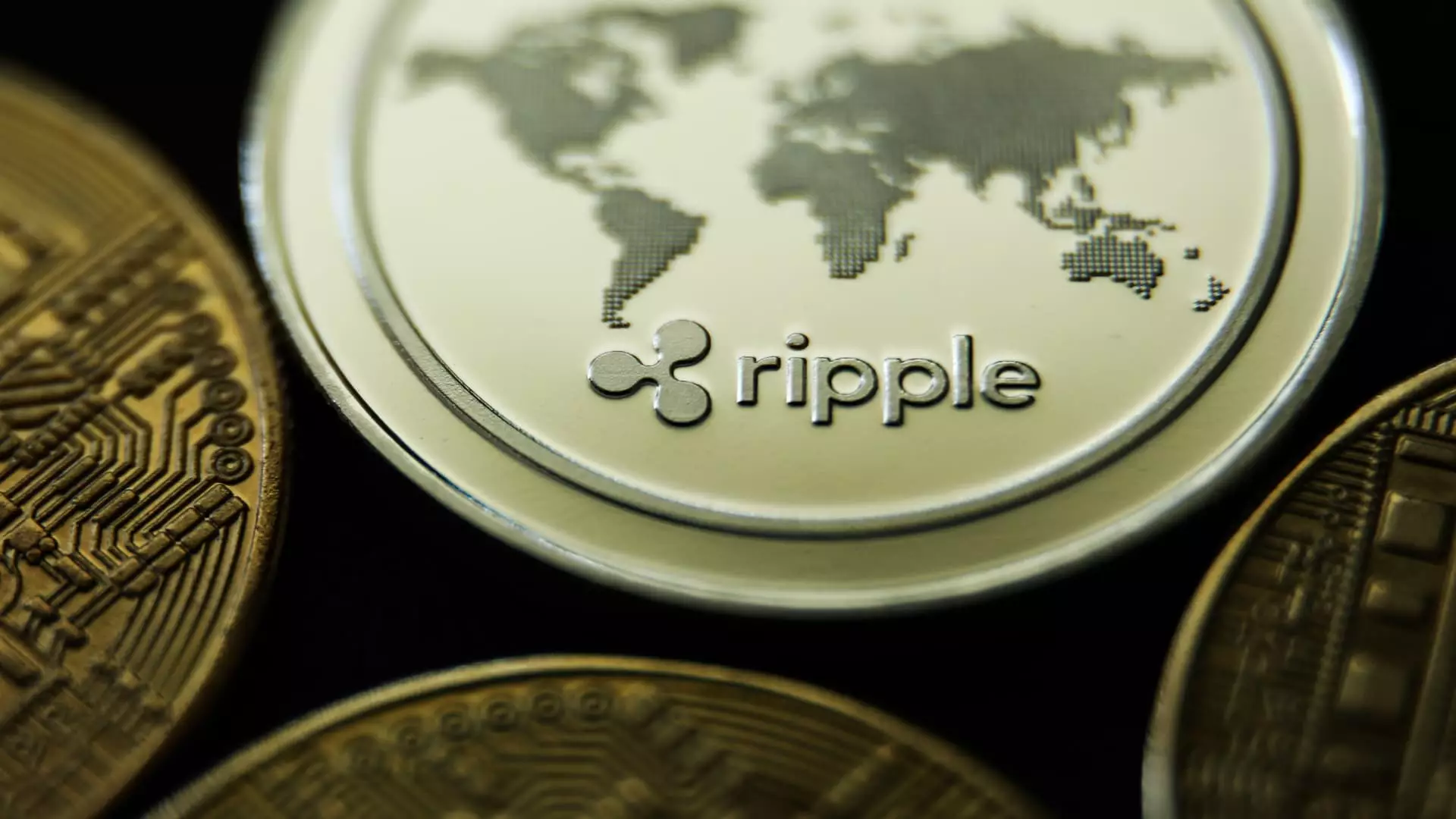In a significant step towards expanding its business model, U.S.-based blockchain startup Ripple unveiled new custody services aimed at enhancing the security of digital assets for banks and financial technology (fintech) firms. This strategic move, announced on a Thursday, marks Ripple’s ambitious foray into the relatively new venture of crypto custody, which has gained traction as financial institutions increasingly look to navigate the complexities of holding digital assets responsibly.
As Ripple officially launched its custody division, aptly named Ripple Custody, the organization affirmed its commitment to providing an array of features tailored for client use. These include operational and policy settings that are pre-configured for ease of use, integration with the company’s existing XRP Ledger blockchain platform, and comprehensive monitoring systems designed to adhere to anti-money laundering regulations. Such features are designed to not only simplify the custody process but also enhance compliance, thus helping firms operate within the murky waters of the emerging digital finance landscape.
With digital assets becoming increasingly integral to financial portfolios, the demand for effective custody solutions has intensified. Custodians serve crucial roles in safeguarding clients’ private keys—the alphanumeric codes that grant access to digital assets—while also providing services linked to transaction settlements, payments, and regulatory adherence. The Boston Consulting Group has projected that the crypto custody market could swell to a staggering valuation of at least $16 trillion by 2030, underlining the immense potential within this sector.
Ripple’s decision to establish a robust custody division comes in response to this burgeoning market, and it aims to position itself alongside established players like Coinbase and Gemini. This move illustrates Ripple’s drive to diversify beyond its traditional offerings—primarily characterized by XRP, a cryptocurrency designed for quick and efficient payment settlements, and the RippleNet platform, which facilitates cross-border money transfers for banks.
The crypto landscape is populated with numerous competitors, yet Ripple hopes to carve out a niche by offering unique advantages tied to its technology. The integration with the XRP Ledger not only facilitates custody services but also grants clients access to Ripple’s native decentralized exchange. This decentralized platform promises efficient, low-fee trading without intermediaries, simplifying the transaction process and proving attractive to businesses looking to capitalize on digital asset trading.
Moreover, Ripple has captured the interest of a high-profile clientele, including global banking giants such as HSBC and Societe Generale. The significant growth of Ripple Custody—in which the company has reported an impressive 250% year-over-year growth—further evidences its viability in the custody space. Operating in seven countries hints at Ripple’s ambition to be a formidable player laying the groundwork for future growth in digital asset management.
Despite the promising trajectory of Ripple Custody, it is essential to recognize the tumultuous environment that surrounds Ripple as a whole. XRP, the company’s flagship cryptocurrency, recently encountered volatility stemming from legal disputes with the U.S. Securities and Exchange Commission (SEC). The price plunge after the SEC’s announcement to appeal a favorable ruling concerning XRP’s security status serves as a stark reminder of the regulatory headwinds the company faces.
The ongoing struggle between Ripple and the SEC magnifies the complications intrinsic to the cryptocurrency market, where regulatory uncertainty can send shockwaves through prices. Ripple’s assertion that XRP does not constitute a security adds a layer of complexity to its business operations, potentially influencing investor confidence and market stability.
Looking forward, Ripple’s foray into the crypto custody space not only showcases its adaptability but also highlights the growing acceptance of digital assets within the financial ecosystem. By leveraging its technological expertise while responding to regulatory challenges, Ripple aims to position itself as a leader in a sector that has the potential to reshape how assets are stored and managed.
The strategic investments Ripple has made, including its acquisitions of Metaco and Standard Custody & Trust Company, reveal a commitment to building a comprehensive suite of custody solutions. As institutions warm up to the idea of digital asset investment, Ripple’s offerings could play a pivotal role in streamlining this transition, fostering a secure environment conducive to growth in an ever-evolving market.

